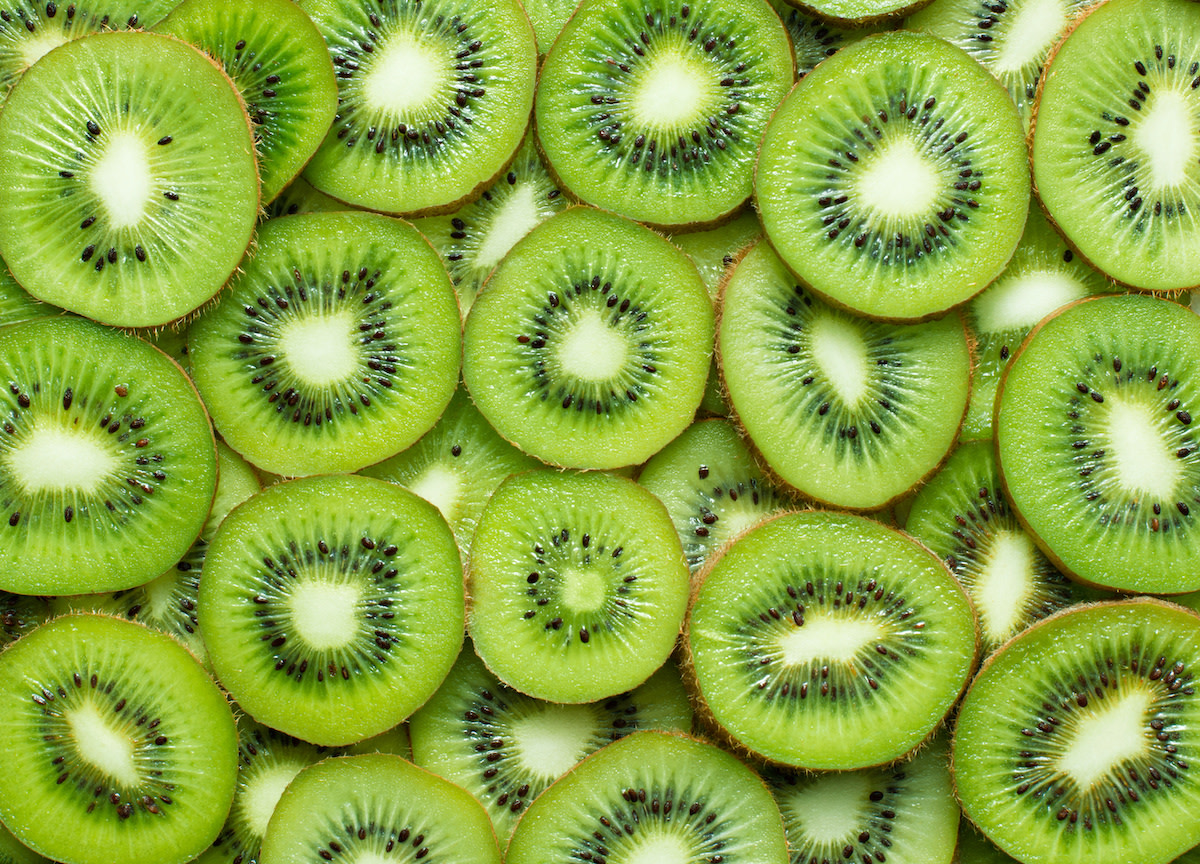How to Store Kiwi: Easy Ways to Store Kiwifruit
Written by MasterClass
Last updated: Nov 15, 2021 • 3 min read
Kiwis are a vibrant fruit with a refreshing taste, making them a great addition to fruit bowls, smoothies, and desserts. Learn the proper food storage technique for preserving kiwi so you can enjoy this fruit when it’s fresh and ripe.
Learn From the Best
What Is a Kiwi?
A kiwi, also known as kiwifruit, is a large berry with a tangy, sweet taste when ripe. There are several kiwi species, but most types of kiwi have an oval shape and fuzzy, brown skin. Depending on the type of kiwi, the inside fruit is either bright green (A. deliciosa) or pale yellow (Actinidia chinensis) with edible black seeds. Kiwis are a nutritious fruit, packed with vitamin C, potassium, and fiber, all of which may support immune health. You can eat fresh kiwi, the skin included, or you can add chopped kiwi to fruit salads, pastries, and cakes.
How to Buy Kiwi
When buying fresh kiwis at the grocery store or farmers’ market, consider three main factors:
- Texture: Kiwis naturally have bumpy skin; however, a wrinkly outer skin indicates the kiwi has lost water, reducing the taste and nutrient quality. Check the kiwi skin to ensure the fruit is fresh and sweet.
- Blemishes: Feel the kiwi for any bruises or blemishes. Mushy, dark spots are a sign of overripe fruit, which impacts the flavor and texture of the fruit.
- Timing: Consider when you plan on using your kiwis, and select kiwis that are ripe and ready to go when you want to eat them. If you don’t plan on using your kiwis within a few days, choose kiwis that are firm and less ripe.
How to Tell When Kiwi Is Ripe
You can gauge the ripeness of a kiwi based on either the firmness or the smell.
- Firmness: One of the easiest ways to determine the ripeness of your kiwi is to gently feel the fruit. Press your thumb against the center portion of the kiwi. A ripe kiwi will feel soft and give slightly. If the kiwi is mushy and gives easily, then your kiwi is overripe. If your kiwi is rock hard, then it’s unripe.
- Smell: Ripe kiwis have a sweet, fruity smell, whereas overripe kiwis have a slightly acidic smell.
What Is the Best Way to Store Kiwi?
The best way to store whole kiwis depends on the level of ripeness—in general, you can store ripe kiwis in the refrigerator and unripe kiwis on a kitchen counter. If storing an unripe kiwi on a countertop, keep it at room temperature and away from direct sunlight. After a few days, your kiwi will ripen and be ready to enjoy.
Store kiwifruits that are already ripe in the refrigerator, away from other ethylene-producing fruits, such as apples, avocados, mangoes, pears, and tomatoes. The ethylene gas will speed up the ripening process, causing early spoilage. You can also store kiwi slices in the refrigerator; simply place your cut kiwi in an airtight container or plastic bag and store in the fridge for up to two days.
How Long Does Kiwi Last?
Firm, unripe kiwis last up to one month in the refrigerator; however, over time, the sweetness of the fruit will fade. Most kiwis have a shelf life of five to ten days in the refrigerator or up to one week when stored at room temperature. You can also freeze your kiwis for long-term storage, as frozen kiwis last up to three months in a freezer bag or reusable airtight container.
Do You Need to Refrigerate Kiwi?
You can prevent ripe kiwis from spoiling by storing them in a refrigerator, but you do not need to refrigerate unripe kiwis.
Want to Learn More About Cooking?
Become a better chef with the MasterClass Annual Membership. Gain access to exclusive video lessons taught by the world’s best, including Alice Waters, Gabriela Cámara, Niki Nakayama, Chef Thomas Keller, Gordon Ramsay, Yotam Ottolenghi, Dominique Ansel, and more.
